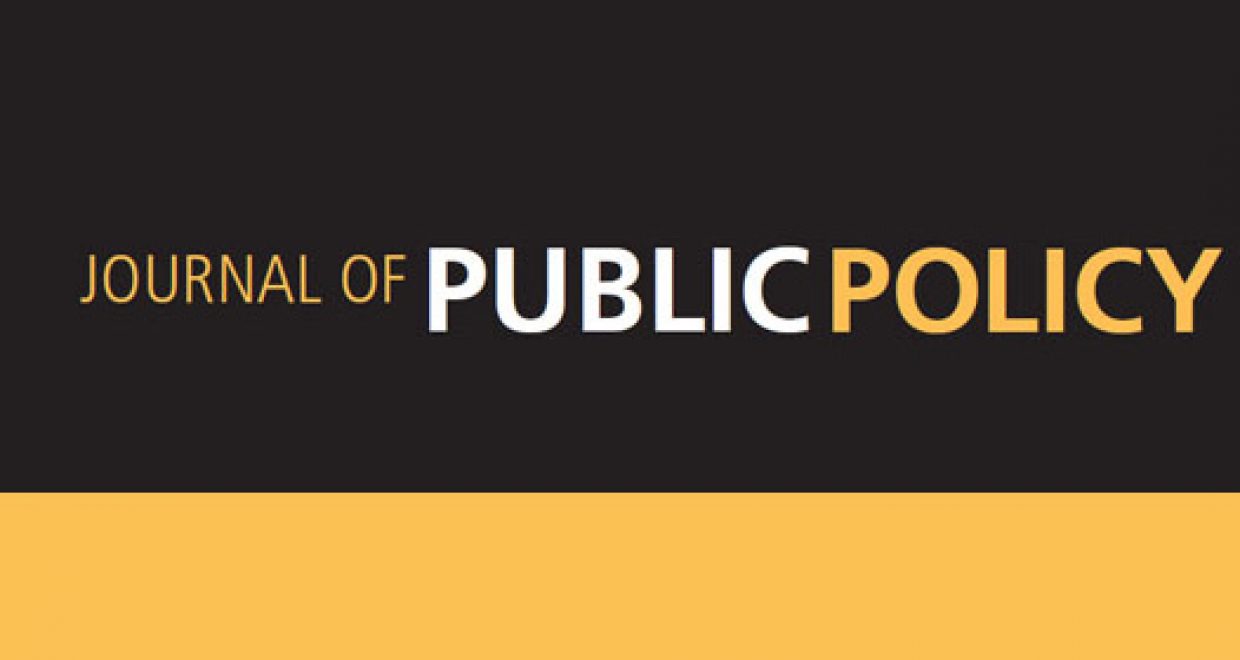Government Policy Performance and Central-Local Political Trust in China
Government policy performance is an important source of political trust. When governments perform well, the public is inclined to have high levels of trust toward them. This principle can also be applied to authoritarian systems. Government performance is confined not only to the economic field. Government performance in social and political fields equally affects public trust (or distrust) in the government. The multi-level government system separates administrative responsibility for public policy issues between the central and local governments. Examining the effects of government policy performance on political trust must account for the multilevel governmental system.
However, there has been insufficient study of how citizens attribute responsibility to different levels of government within an authoritarian unitary context. In China, central-local relations are determined by the authoritarian unitary system. The central government possesses the power to appoint local government officials, and to distribute resources between the central and local governments. It is unclear whether government performance in various policy domains has identical or differentiated effects on public trust in local and central governments. We were interested in possible variations among different levels of government. This investigation involves central-local government relationships in China and is relevant to the survival or decay of authoritarian systems.
In my Journal of Public Policy article, I established a theoretical framework to examine complex relationships between government performance in various policy domains and central-local political trust. First, this study adopted a non-economy-centered perspective, considering government performance in various policy domains, such as income inequalities, political corruption, environmental protection, food safety, and education. Public evaluations of these policy issues influence their level of political trust. Second, this study did not view “government” as a single entity. Instead, I examined the effects of government performance in various policy domains on public trust in local and central governments, respectively. Third, this study examined three major central-local political trust patterns: parallel trust, pyramidal trust, and hierarchical trust. Hierarchical trust is particularly beneficial to the survival of China’s one-party system, while pyramidal trust has the opposite effect. I examined the effects of government performance in various policy domains on the three central-local political trust patterns.
The results show variations in the effects of government performance on these different central-local political trust patterns. Local governments particularly lost trust for public dissatisfaction with corruption, while the central government lost trust for less satisfying performance in the fields of economy. Public dissatisfaction with government performance regarding environmental protection, food safety, public health, and primary/middle school education eroded trust in both local and central governments. The results indicate that performance in certain policy domains affected political trust in only the local or central government, while government performance in other domains affected both.
Moreover, we analyzed three patterns of political trust (parallel, pyramidal, and hierarchical), based on the relationships between local and central governments. Setting the pattern of parallel trust as a reference baseline, the public’s dissatisfaction with food safety tended to facilitate pyramidal trust, while dissatisfaction with corruption and primary/middle school education tended to increase hierarchical trust. The results indicate that government performance in various policy domains affects not only public trust in the local and central governments, but also affects the Chinese public’s central-local political trust patterns. The empirical evidence helps us understand complex relationships between government policy performance and political trust in different levels of government in authoritarian China. These findings have important political implications for China’s political future.
– Yida Zhai, Shanghai Jiao Tong University
– Zhai’s Journal of Public Policy article is available free of charge until the end of 2022.






